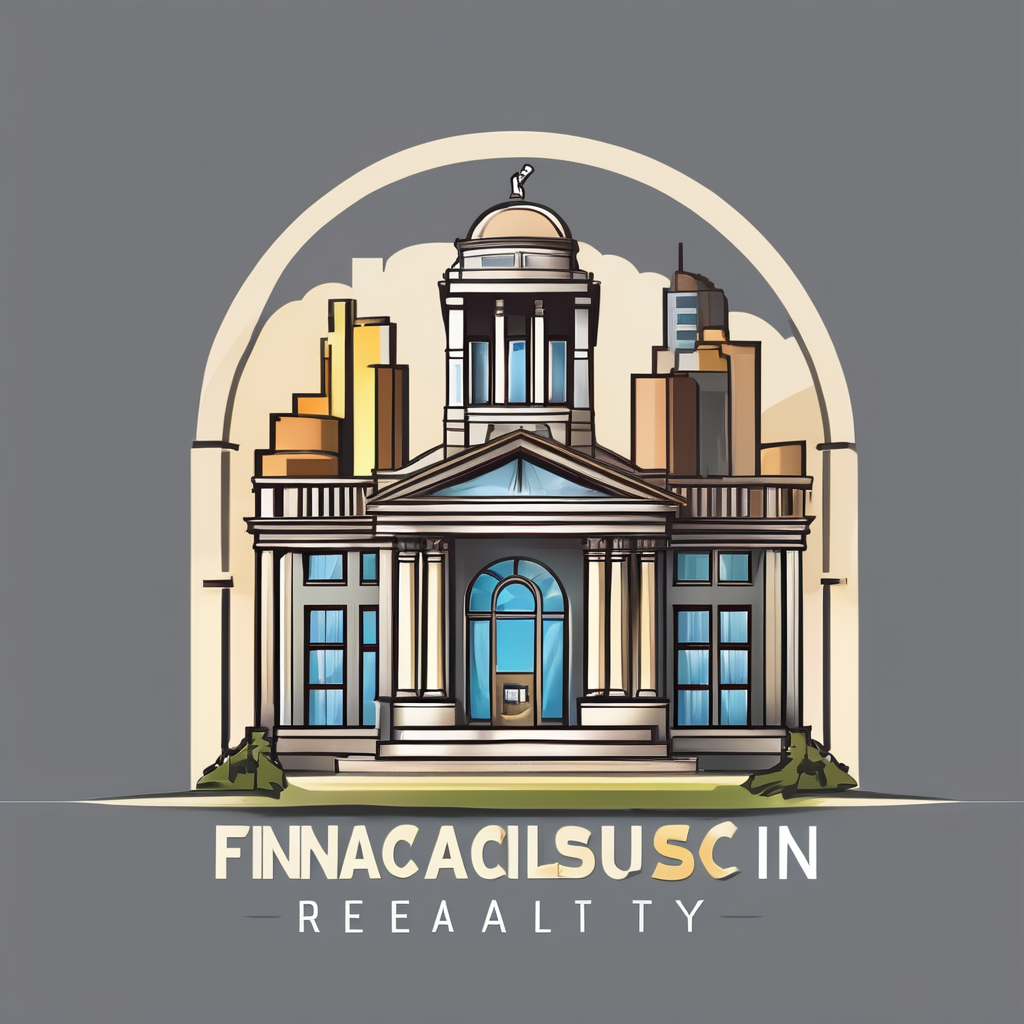In the shifting landscape of retirement planning, it’s become more crucial than ever for UK retirees to consider alternative avenues for sustainable income. With plummeting interest rates and the uncertain future of state and private pensions, many are turning to the property market. Here, we delve into the mechanics of planning property investments to ensure a steady stream of retirement income.
Investing in Real Estate for Retirement Income
The financial security of retirement often hinges on a well-planned investment portfolio. Traditionally, this might include stocks, bonds, and pension funds. However, the turbulence of financial markets and the diminishing trust in pension schemes have pushed many towards property investment.
Sujet a lire : What steps should UK nationals take to safeguard real estate investments overseas?
Investing in real estate offers a tangible asset that can generate a steady income through rent while also appreciating in value over time. This dual-income nature makes it an attractive option for retirees. But beware – property investment is not without its risks and complications. Understanding the market, managing properties, and navigating the tax landscape are all part of the journey.
Understanding the Property Market
Knowledge is power when it comes to real estate. The UK property market displays local variations, and what works in one area may not work in another. Research is pivotal in understanding market trends, property prices, and rental yields in your area of interest.
Avez-vous vu cela : What are the key considerations for UK trustees managing property assets?
Stay informed about current economic factors influencing the market, such as interest rates, inflation, and housing policies. These can significantly impact property prices and the affordability of mortgages. Also, consider demographic factors like population growth, employment rates, and local amenities. These can affect the demand for rental properties and, consequently, the rental income you can expect.
Risk Management in Property Investing
Every investment comes with its own set of risks, and property is no different. The key to successful property investing lies in effectively managing these risks.
Firstly, property investment requires substantial capital upfront. Make sure to factor in additional costs like stamp duty, legal fees, and renovation costs. Also, be prepared for periods when the property might be unoccupied.
Next, the nature of the property market means that prices can fluctuate, and you may not always make a profit on sale. To mitigate this risk, consider investing in different types of properties and in different areas. This diversification can help spread the risk and increase the chances of your portfolio’s overall success.
Navigating Tax Implications
Taxes play a vital role in property investment planning. There have been several changes in UK tax laws affecting property investors, including reductions in mortgage interest tax relief and increases in stamp duty.
It’s important to understand how these changes will affect your investment strategy. Some may choose to invest as a limited company, which can offer tax benefits. However, this also comes with its own set of regulations and responsibilities.
You should also consider the impact of inheritance tax on your property investments. If you intend to leave your property or properties to your heirs, they could be liable for a hefty tax bill. Estate planning can help mitigate this and ensure your assets are distributed according to your wishes.
Optimising Your Property Investment Portfolio
Finally, ensuring a sustainable income from your property investments requires regular review and adjustment of your portfolio. This is where the principles of good financial planning come into play.
To start, it’s important to establish clear financial goals for your retirement. What income do you need to maintain your desired lifestyle? How much risk are you prepared to take?
Based on these goals, create a balanced portfolio that includes a mix of properties. Diversifying across property types and locations can help reduce risk and enhance potential returns.
Engaging the services of a financial advisor can be helpful in this process. They can provide guidance on portfolio optimisation, risk management, and tax planning.
In conclusion, property investment can be a viable way to supplement your retirement income. However, it requires careful planning and management. By understanding the property market, managing risks, navigating tax implications, and optimising your portfolio, you can leverage property investment to secure a sustainable retirement income.
Exploring Different Real Estate Options for Retirement
The term ‘property investment’ might conjure images of residential homes, but it isn’t limited to that alone. A comprehensive property investment strategy encompasses various types of real estate.
For long-term growth and stability, UK retirees should consider property diversification. This can include residential properties, commercial properties, or specialised properties like care homes. Each has its own set of advantages and challenges.
Residential properties have traditionally been the go-to option for many retirees. It’s a familiar territory and considered a safer bet by many. However, commercial properties can offer higher yield and longer lease periods, which could mean stable income.
The care homes sector is also an interesting area to consider. With an ageing population in the UK, demand for care homes is expected to rise. Investment in care homes can offer stable returns and a chance to contribute to a socially important cause.
Regardless of the type of property you choose to invest in, it’s crucial to do your homework and understand the factors that influence each sector.
Choosing Between Direct and Indirect Property Investment
Investing in property doesn’t always mean purchasing and managing a physical building yourself. You can also opt for indirect property investments, like property investment trusts or income funds.
Property investment trusts allow you to invest in a diversified portfolio of properties without the need to manage them directly. These trusts typically distribute their rental income to shareholders, providing a regular income stream.
Income funds, on the other hand, invest in a range of assets, including properties, to generate income. These funds can offer a way to diversify your portfolio further and mitigate the risks associated with direct property ownership.
Again, a financial adviser can provide valuable input in deciding between direct and indirect property investment based on your retirement planning strategy and personal circumstances.
Conclusion: Making Property Investment Work for Your Retirement
In essence, using property investment as a tool for retirement income generation requires careful planning, extensive research, and regular portfolio reviews. There’s no ‘one-size-fits-all’ strategy, as the best approach depends on individual circumstances, financial goals, and risk tolerance levels.
The potential advantages of property investments are clear – steady income, potential for capital growth, and the addition of a tangible asset to your portfolio. But these benefits come with their set of challenges, such as fluctuations in property prices, tax implications, and property management responsibilities.
Whether you’re considering investing property directly or through investment trusts, or you’re looking to diversify your property portfolio with commercial properties or care homes, the key lies in making informed decisions. You might want to draw upon the expertise of a financial adviser, especially when dealing with complex issues like tax planning and portfolio optimisation.
Ultimately, the goal is to build a diversified and balanced portfolio that can provide a sustainable retirement income. It’s about making your hard-earned pension pot work for you, giving you the financial freedom to enjoy your retirement years.
Remember, property investment for retirement income isn’t about quick wins. It’s a long-term game that, when played correctly, can provide security and peace of mind in your golden years.






